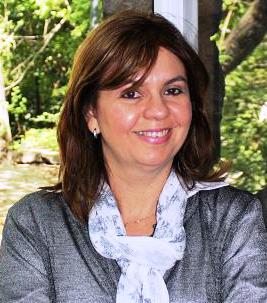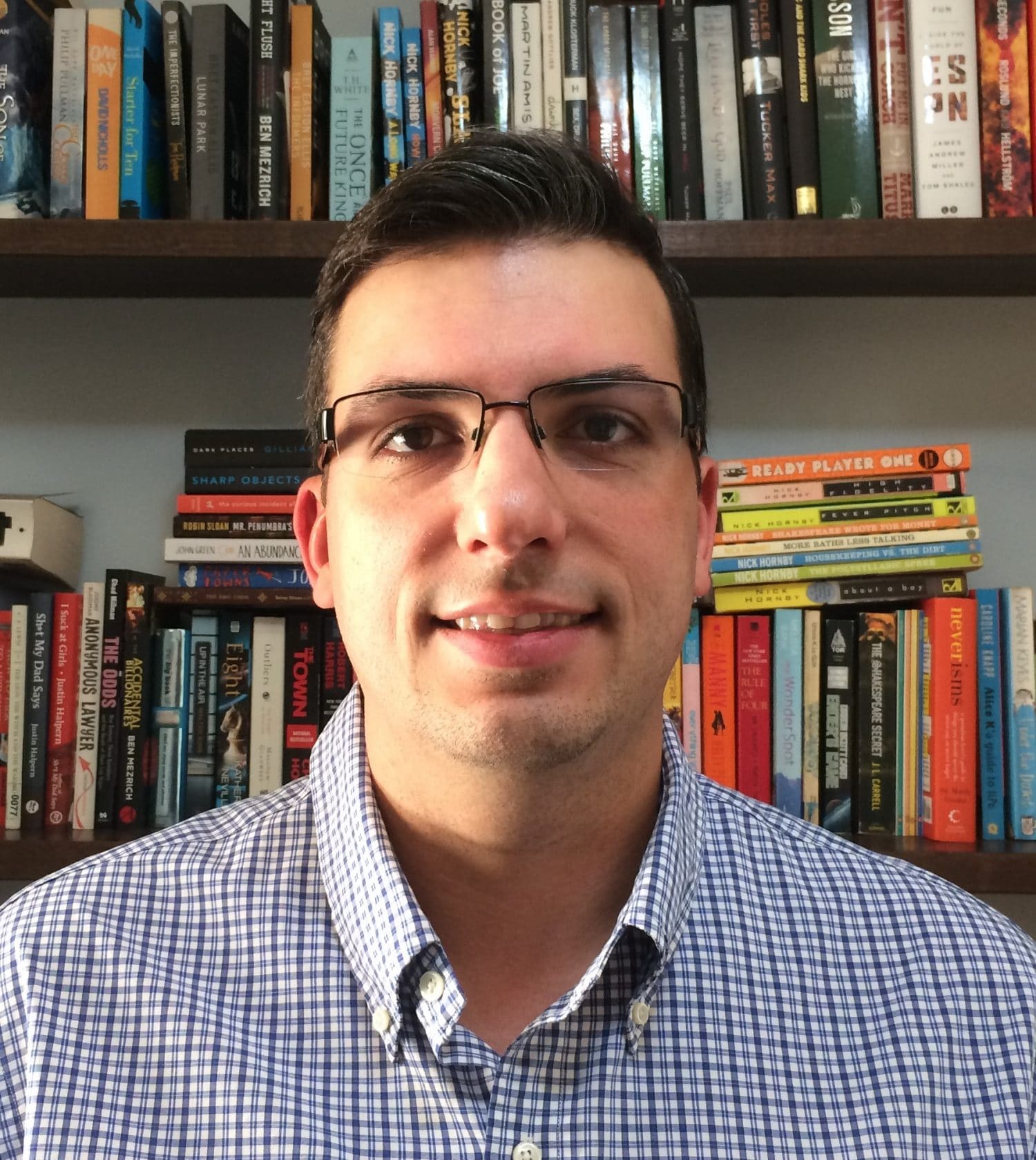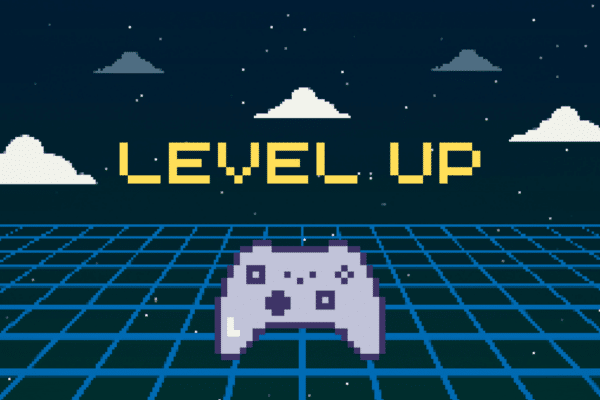When it comes to professional development, are you a soldier or a scout?
Soldiers stand their ground with all they’ve got. The enemies and their subversive ideas must not be allowed in. Death to the infidels! Grrrrr! Scouts are also important in a war, but they play quite a different role: they have to survey the land, learn what it is like, its obstacles and possibilities, taking reality in as it is.
 That’s how Julia Galef described two mindsets earlier this year in her TEDx talk in Pennsylvania. She says it’s not so much about reasoning as it is about emotions. People in a soldier mindset feel personally offended when they are confronted with an opinion that goes against everything they stand for. When soldiers come across evidence that undermines their beliefs, they feel defensive and try to rationalize a way out, instead of learning from it. They tie their self-worth to being right.
That’s how Julia Galef described two mindsets earlier this year in her TEDx talk in Pennsylvania. She says it’s not so much about reasoning as it is about emotions. People in a soldier mindset feel personally offended when they are confronted with an opinion that goes against everything they stand for. When soldiers come across evidence that undermines their beliefs, they feel defensive and try to rationalize a way out, instead of learning from it. They tie their self-worth to being right.
I suppose we have all felt like that some time or another, perhaps in some topics more than others (2014 elections? Impeachment vs. Coup?). However, watching that TED talk after reading Marcela Cintra’s post about asking ourselves hard questions felt like the Universe was sending me a message about professional development.

It’s plain to see that having a scout mindset (or at least trying to) is more conducive to learning and growth. Scouts are curious, Galef says, and when something arises that contradicts their expectations, they feel the itch to solve that puzzle. Virtue for them is putting their own beliefs to the test because they yearn to see world as clearly as they possibly can, and not as they initially thought it was.
That’s easier said than done, though.
If you’re a die-hard fan of the communicative approach or post-method teaching, how do you react when somebody stands up for audiolingualism? If you are forever grateful to The Practice of English Language Teaching, what do you do when somebody criticizes Harmer? Have you reviewed the evidence against learning styles in ELT or just dismissed it outright because you know it in your heart learning styles work?
Don’t get smug if you’re doing well so far, for here goes the coup de grâce: what’s your reaction when you get constructive feedback after being observed or delivering a talk? No, really, not the veneer of professionalism we try to hold on to, thanking the person — through clenched teeth — for the “ever so useful pointers”, but deep inside you, do you take criticism in stride? And reflect on it, and incorporate it, and make it work for your growth?
Touché?
Personally, I think my knee-jerk reaction tends to be acting like a soldier (heck, I’ll blame it on my last name! What’s *your* excuse?). And then I breathe in and out and smile along as my brain is consciously trying to summon the scout mindset, “Where did I put it again? Really need to tidy this place up.  Oh, here it is! Scout spirit coming up!” I’ve been doing this long enough that the scout mindset is starting to show up faster and faster, and sometimes even manages to outrun the soldier. It’s kind of like practicing a language so you become more fluent at it. BrELT, the Facebook community for English language teachers in Brazil, has me do that almost daily. Studying is also a great way of realizing you know (next to) nothing. And then there are ELT events, like the Braz-TESOL’s international conference that will be held in Brasilia next week (you can still register!). Any worthwhile form of continuing professional development (CPD) does the trick, really, if you’ll just let it.
Oh, here it is! Scout spirit coming up!” I’ve been doing this long enough that the scout mindset is starting to show up faster and faster, and sometimes even manages to outrun the soldier. It’s kind of like practicing a language so you become more fluent at it. BrELT, the Facebook community for English language teachers in Brazil, has me do that almost daily. Studying is also a great way of realizing you know (next to) nothing. And then there are ELT events, like the Braz-TESOL’s international conference that will be held in Brasilia next week (you can still register!). Any worthwhile form of continuing professional development (CPD) does the trick, really, if you’ll just let it.
Of course it’s not easy. For instance, even when I try to be a scout, I sometimes blow criticism out of proportion and end up with a bleak view of myself, which again is not taking reality in as it is. It’s acting almost like those soccer players that put on a show as if they have been wounded in battle whenever their opponent tackles the ball from them. Little by little, though, I believe we can learn to take advantage of feedback and other CPD opportunities to improve and grow, even if it aches a little. After all, our bones also hurt when we are in a growth spurt (or so I’ve heard – being only 5 ft tall, I don’t think I ever had one). Anyway, no matter how painful growing might be, just soldier on. Or rather, scout on.







